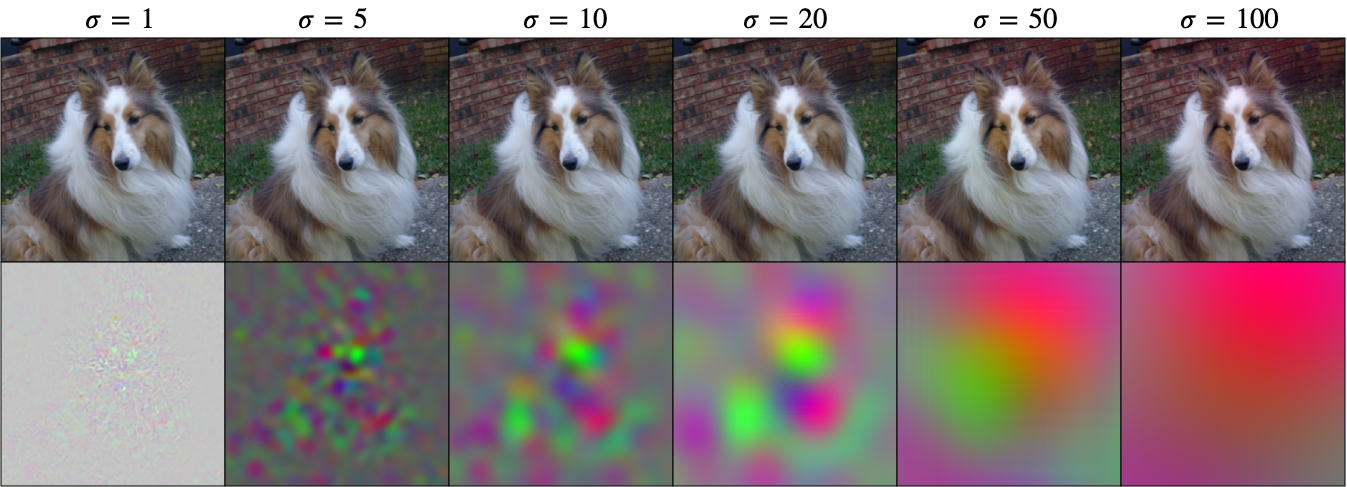SmoothFool: An Efficient Framework for Computing Smooth Adversarial Perturbations
Deep neural networks are susceptible to adversarial manipulations in the input domain. The extent of vulnerability has been explored intensively in cases of $\ell_p$-bounded and $\ell_p$-minimal adversarial perturbations. However, the vulnerability of DNNs to adversarial perturbations with specific statistical properties or frequency-domain characteristics has not been sufficiently explored. In this paper, we study the smoothness of perturbations and propose SmoothFool, a general and computationally efficient framework for computing smooth adversarial perturbations. Through extensive experiments, we validate the efficacy of the proposed method for both the white-box and black-box attack scenarios. In particular, we demonstrate that: (i) there exist extremely smooth adversarial perturbations for well-established and widely used network architectures, (ii) smoothness significantly enhances the robustness of perturbations against state-of-the-art defense mechanisms, (iii) smoothness improves the transferability of adversarial perturbations across both data points and network architectures, and (iv) class categories exhibit a variable range of susceptibility to smooth perturbations. Our results suggest that smooth APs can play a significant role in exploring the vulnerability extent of DNNs to adversarial examples.
PDF Abstract

 CIFAR-10
CIFAR-10
 ImageNet
ImageNet